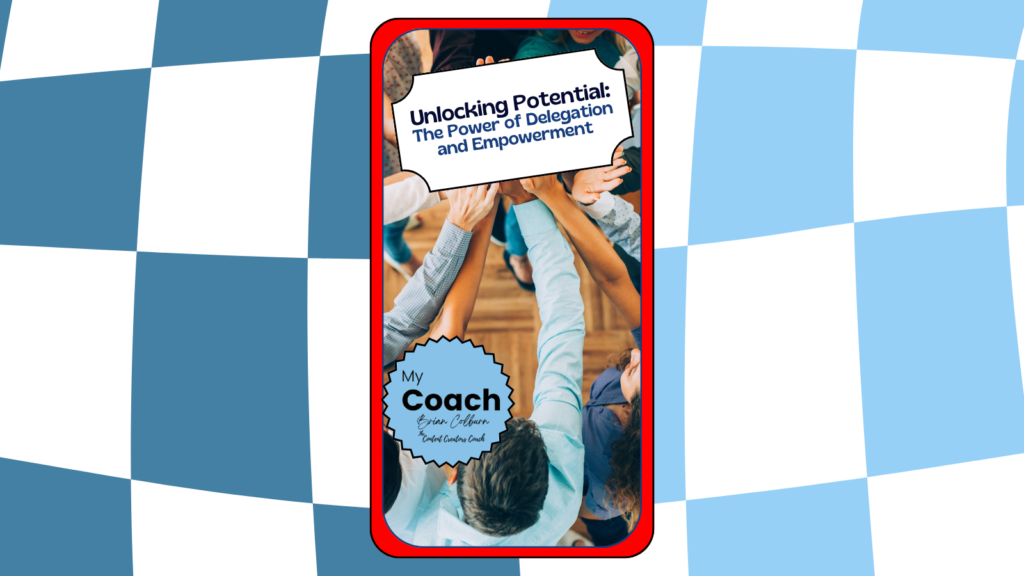Mentorship Programs

Part 4 of 13 in our “Unlocking Leadership Potential: A 13-step Guide to Engage and Elevate Future Leaders” series.
The names, companies, and locations in this work are entirely fictional. While the narrative offers lessons, it is a product of imagination and not meant to depict real individuals, organizations, or places.
“GreenScape Architects,” a renowned architectural firm, has a legacy of designing some of the most iconic buildings in the city. Among its team was a young architect named Leo. Leo was passionate and had a fresh perspective on design. Still, he often felt overwhelmed by the complexities of large projects.
The firm’s senior architect, Mr. Harrison, who had been with GreenScape for over three decades, noticed Leo’s potential and challenges. He approached Leo with an offer to mentor him. Through this mentorship, Leo had the opportunity to learn from Mr. Harrison’s vast experience. They would discuss projects, review designs, and even visit sites together. Mr. Harrison shared stories of challenges he faced in his early days and how he overcame them.
Under Mr. Harrison’s guidance, Leo’s confidence grew. He started handling more significant projects and even introduced innovative design concepts that became a hallmark of GreenScape’s new projects. The mentorship honed Leo’s skills and ensured that Mr. Harrison’s wealth of knowledge was passed on to the next generation.
Key Takeaways:
- Mentorship bridges the gap between experience and potential, allowing for the transfer of invaluable knowledge.
- A good mentor can provide guidance, share experiences, and offer insights that can shape a mentee’s career.
- Mentorship benefits both the mentor and the mentee, ensuring continuous growth and legacy-building.
Exercises to Reinforce Learning Objectives:
- Mentor-Mentee Journal: Both mentors and mentees should maintain a journal to note insights, learnings, and reflections from their interactions. Reviewing these can provide clarity on progress and areas of focus.
- Reverse Mentoring: While traditional mentoring involves a senior guiding a junior, reverse mentoring can be equally beneficial. Younger employees can mentor seniors on new technologies, trends, or fresh perspectives.
- Mentorship Workshops: Organize workshops where potential mentors and mentees can interact, understand each other’s strengths, and form mentorship bonds based on mutual interests and goals.
If you would like to join us for any of our Webinars, you can learn more at the following;




